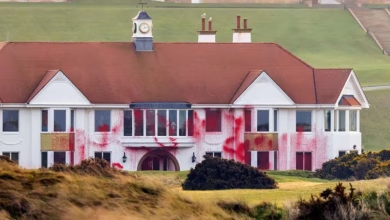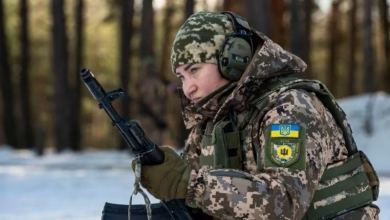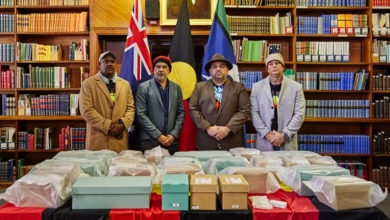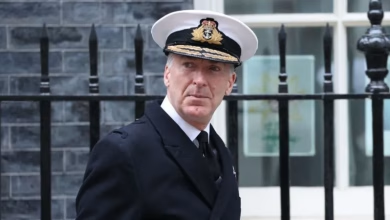UN Hails Gaza Polio Progress, Calls for Ceasefire
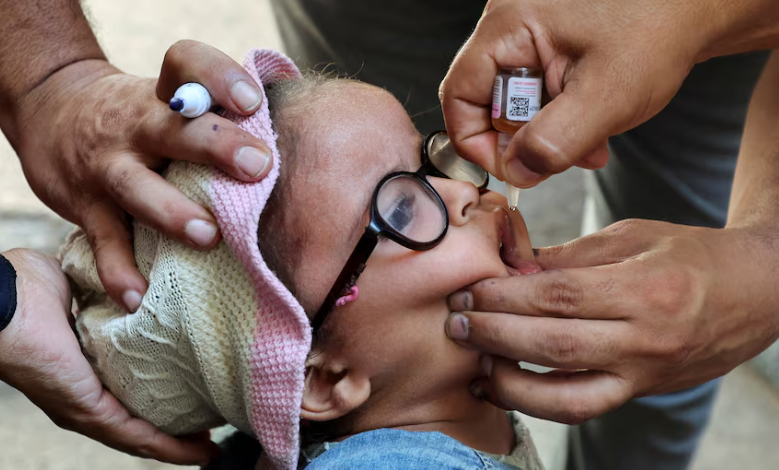
- Netanyahu vows to keep troops in Gaza corridor
- Ceasefire talks falter.
- Calls for full Israeli withdrawal hinder agreement.
- Security Council may act if no ceasefire soon.
On Wednesday, the United Nations Relief and Works Agency (UNRWA) reported significant progress in its polio vaccination campaign for children in Gaza. Over the first three days of the campaign, approximately 187,000 children in central Gaza have been vaccinated.
UNRWA emphasized the need for a permanent ceasefire in the ongoing 11-month conflict to alleviate the humanitarian crisis in the region. The campaign is set to expand to other areas of the Gaza Strip in its next phase.
The polio vaccination campaign in Gaza was initiated after the first case of polio in 25 years was detected in a baby boy last month. To facilitate the vaccination efforts, Israel and Hamas militants have agreed to daily eight-hour ceasefires in designated areas, with no reported violations so far.
Philippe Lazzarini, head of the global relief agency, shared on X on Wednesday that significant progress is being made, with more children receiving polio vaccines daily in Gaza’s Middle Areas.
Philippe Lazzarini emphasized that while the temporary polio “pauses” are providing some relief, a permanent ceasefire is urgently needed, along with the release of all hostages and a steady flow of humanitarian supplies, including medical and hygiene products.
Palestinians attribute the resurgence of polio to the collapse of the health system and the destruction of Gaza’s hospitals. Israel, however, accuses Hamas of using hospitals for military purposes, a claim that Hamas denies.
On Tuesday, COGAT, the Israeli defense ministry agency responsible for coordinating aid into Palestinian territories, reported that since the onset of the war, it has facilitated the entry of 282,126 vials of the polio vaccine, sufficient to vaccinate 2,821,260 people.
Additionally, COGAT announced that approximately 554,512 vials of various vaccines have been delivered to the Gaza Strip. These vaccines are intended to address a range of diseases and potential epidemics, providing a total of 4,973,736 doses.
Despite the progress in the polio vaccination campaign, diplomatic efforts to secure a permanent ceasefire, release hostages held in Gaza, and address the detention of Palestinians by Israel have stalled.
Israeli Prime Minister Benjamin Netanyahu stated on Monday that Israeli troops will remain in the Philadelphi corridor along Gaza’s southern edge, a key obstacle in negotiations. Hamas insists that any agreement must include the withdrawal of all Israeli forces from Gaza, a condition Netanyahu rejects, asserting that the war will only end with Hamas’s eradication.
The deadlock is causing frustration among Israel’s international allies and the 15-member United Nations Security Council. Slovenia’s U.N. envoy, who is the council president for September, warned on Tuesday that the Security Council might consider taking action if a ceasefire cannot be brokered soon.
Senior Hamas official Sami Abu Zuhri told Reuters that a resolution may be possible if Israel accepts a July 2 U.S. proposal, which was endorsed by the U.N. Security Council. Both sides blame each other’s conditions for the lack of progress.
Meanwhile, Israeli forces continue their operations against Hamas fighters in various parts of Gaza, claiming to have killed several senior Hamas operatives and targeted military infrastructure. The armed wings of Hamas and Islamic Jihad reported clashes with Israeli troops using anti-tank rockets, mortar fire, and explosives.
In recent violence, an Israeli airstrike in Khan Younis killed two Palestinians, including a girl, while another strike in the Darraj suburb of Gaza City killed a local doctor, Nehad Al-Madhoun.
The conflict, which began with Hamas’s attack on southern Israel on October 7, has resulted in the deaths of over 40,800 Palestinians in Gaza, according to the enclave’s health ministry.



